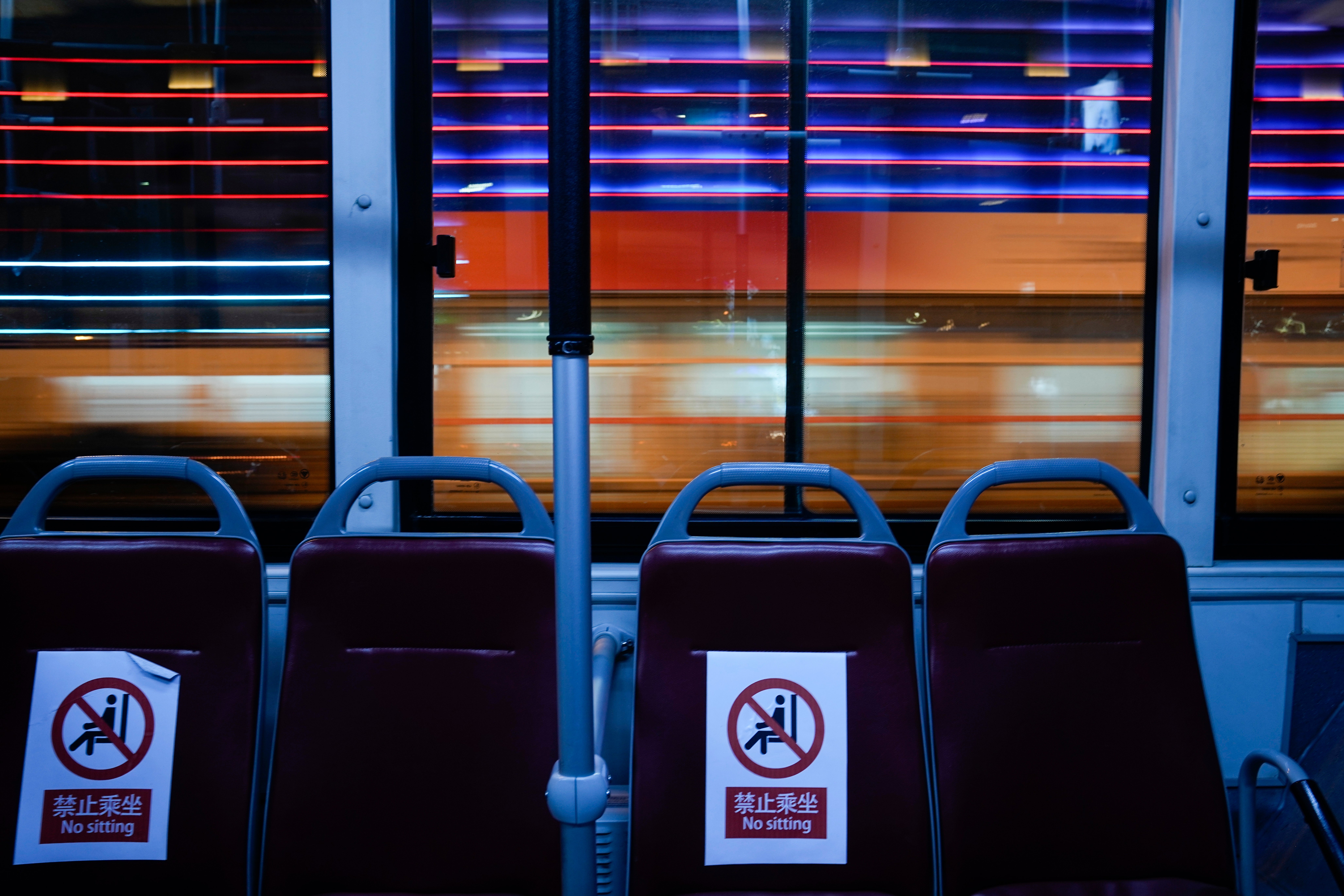Blur from the bus: A visiting photographer's view of Beijing

Your support helps us to tell the story
From reproductive rights to climate change to Big Tech, The Independent is on the ground when the story is developing. Whether it's investigating the financials of Elon Musk's pro-Trump PAC or producing our latest documentary, 'The A Word', which shines a light on the American women fighting for reproductive rights, we know how important it is to parse out the facts from the messaging.
At such a critical moment in US history, we need reporters on the ground. Your donation allows us to keep sending journalists to speak to both sides of the story.
The Independent is trusted by Americans across the entire political spectrum. And unlike many other quality news outlets, we choose not to lock Americans out of our reporting and analysis with paywalls. We believe quality journalism should be available to everyone, paid for by those who can afford it.
Your support makes all the difference.Associated Press photographer Jae Hong had never visited Beijing. He's been here now for several weeks covering the Olympics, riding buses from his hotel to the venues, and the venues to the hotel. And not much more.
But he still has scant evidence he's really in the Chinese capital.
That's because Beijing organizers — using the COVID-19 pandemic as their justification — have implemented a tightly sealed, security-heavy bubble system to keep athletes and reporters separated from Beijing's 20 million residents.
“I'm not sure I’ve seen anything that says `Beijing' other than the venues,” says Hong, who has documented the Chinese capital from inside the bubble — in this case, from inside the media buses.
A few riders snooze. Signs warn against sitting in some empty seats. Other passengers stare through the windows, hoping the glimpses paint a portrait of the ancient — and ultramodern — city.
“I'm riding the bus using a slow shutter speed, so what's inside the bus stays still and is in focus, and everything you see outside the window is a little blurry," says Hong, who is based in Los Angeles. "Visually, that’s probably how much I will remember of Beijing.”
Hong covered the Tokyo Olympics six months ago, and he says the differences are stark. There, after a quarantine period, he and other photographers were free to roam the Japanese capital, eating the sushi and capturing the street life.
Tokyo Olympics organizers used a bubble system too, but it was a “light” bubble compared to Beijing's “case-hardened” version: “The safety measures here are over the top,” Hong says.
Yang Shu'an, the vice president of Beijing 2022, justified the tight restrictions, saying visitors could still get to know the city.
“To understand a city or country, there are a lot of different ways," Yang said Sunday. “You do not really have to experience everything in-person to understand a city. So if you look at the venues and the facilities within the closed loop, it can still give you a taste of what Beijing is like.”
___
More AP Winter Olympics: https://apnews.com/hub/winter-olympics and https://twitter.com/AP_Sports